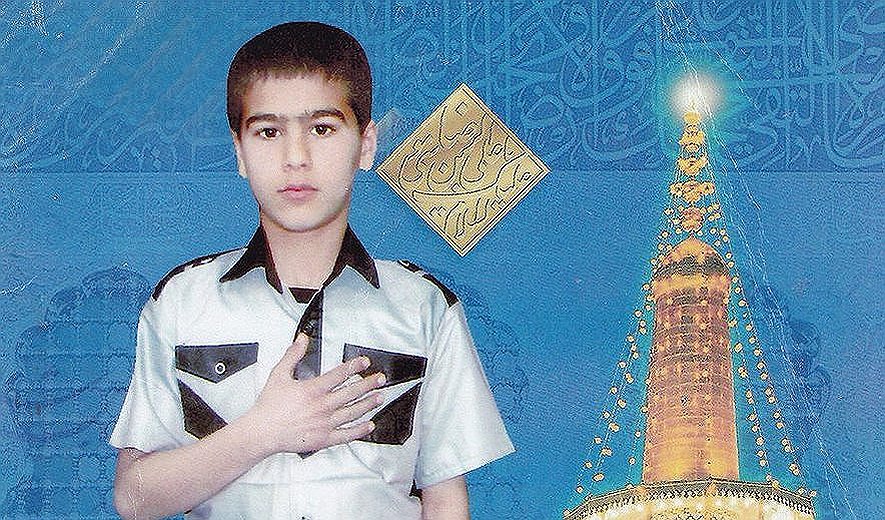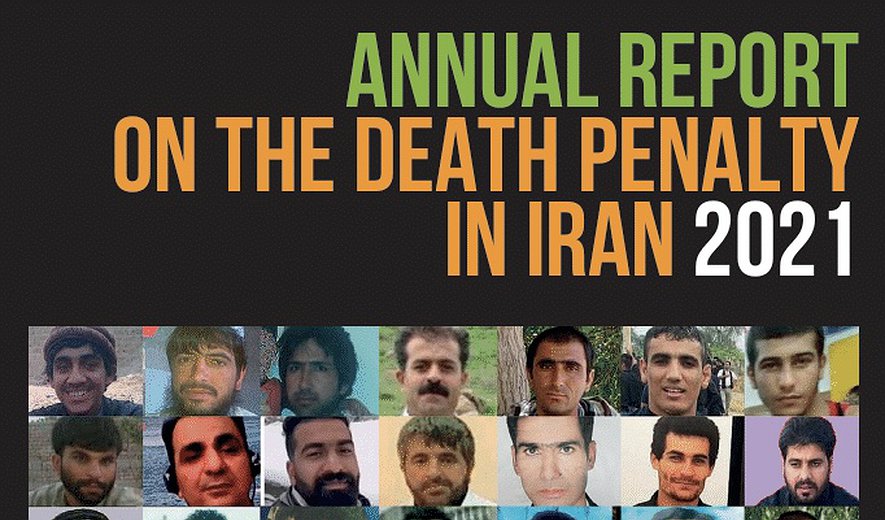Juvenile Offender Mohammad Kalhori Escapes Gallows After Family Forgives Unconditionally

Iran Human Rights (IHRNGO); July 25, 2022: Mohammad Kalhori, a juvenile offender who has been on death row for over eight years for a crime he was alleged to have committed at 15, has escaped the gallows after the victim’s family granted unconditional forgiveness.
According to IRNA, quoting the Borourjerd Prosecutor, the juvenile offender convicted of killing Mohsen Khashkhashi, a teacher, has been released after Mr Khashkhashi’s family granted unconditional forgiveness.
Mohammad Kalhori was 15 years old when he is alleged to have stabbed his 43-year-old physics teacher at the Hafezi Boys’ High School in Boroujerd on 22 November 2013, leading to his death.
Mohammad was assessed by the Forensic Medical Organisation in January 2016 and determined to have lacked adequate mental maturity and ability to reason at the time of the crime. Despite this, he was sentenced to qisas (retribution-in-kind) for murder and his sentence upheld by the Supreme Court.
Iran is one of the few countries in the world that still carries out the death penalty for juvenile offenders. The International Covenant on Civil and Political Rights which the Islamic Republic is a signatory to, prohibits the issuance and implementation of the death penalty for crimes committed by an individual below 18 years of age.
The Convention on the Rights of the Child, which the Islamic Republic is also a signatory to, explicitly states that “Neither capital punishment nor life imprisonment without possibility of release shall be imposed for offences committed by persons below eighteen years of age.” However, the new Islamic Penal Code adopted in 2013 explicitly defines the “age of criminal responsibility” for children as the age of maturity under Sharia law, meaning that girls over 9 lunar years of age and boys over 15 lunar years of age are eligible for execution if convicted of “crimes against God” (such as apostasy) or “retribution crimes” (such as murder).
Yet, according to data collected by Iran Human Rights and international human rights organisations, the Islamic Republic is responsible for more than 70% of all executions of juvenile offenders in the last 30 years. IHRNGO’s statistics also show that at least 65 juvenile offenders have been executed in Iran over the past 10 years, with at least four executed in 2020 and two in 2021.


